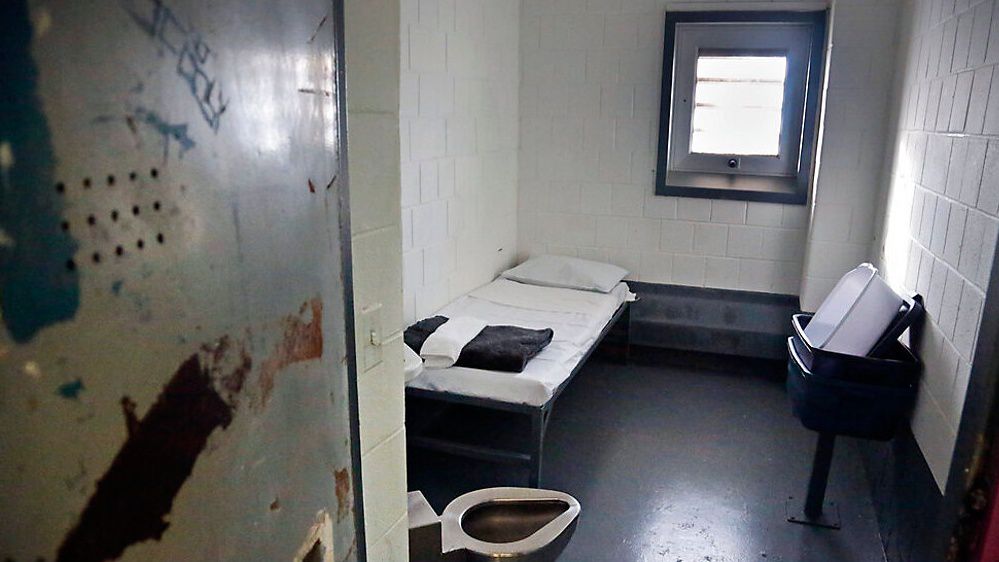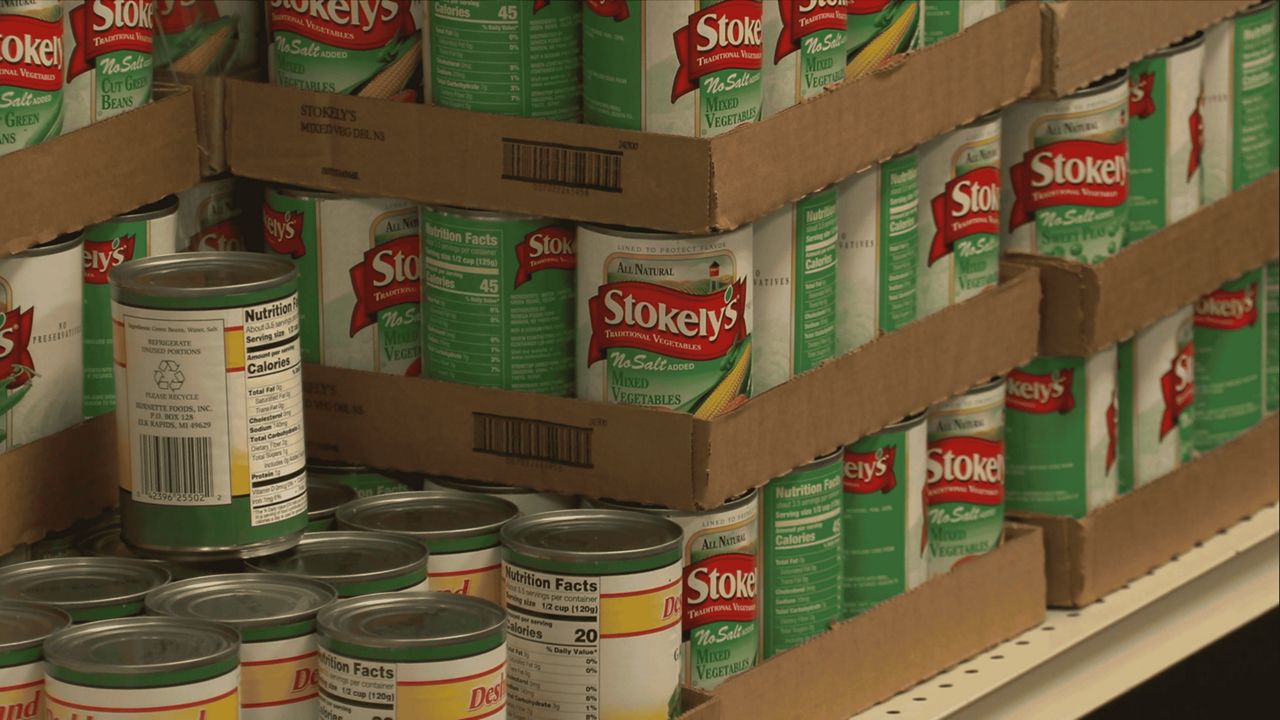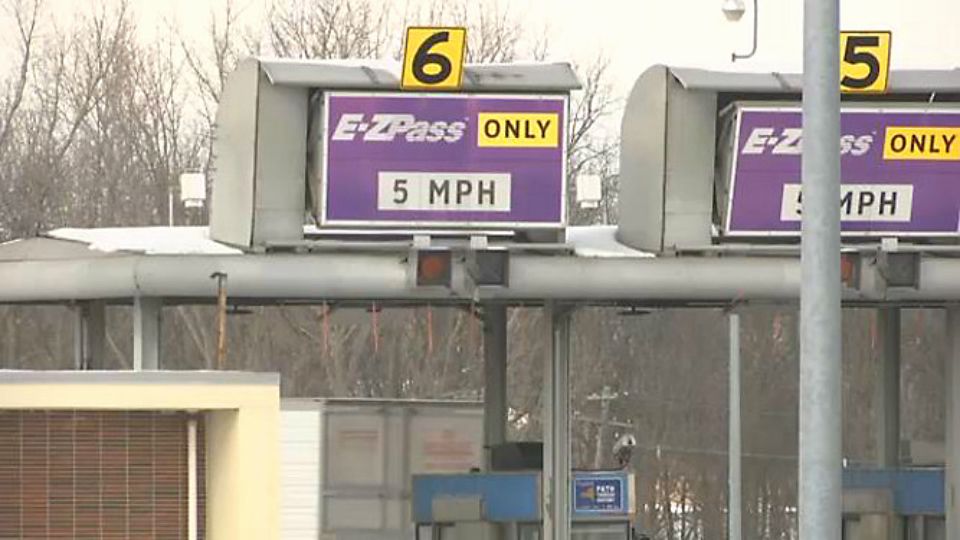Supporters of the measure known as the Clean Slate Act are waiting for Gov. Kathy Hochul to sign it into law after the long-debated bill passed both houses of the state Legislature last week.
The bill would automatically seal criminal records after a certain period of time. It does not apply to class A felonies or crimes that require a person to register as a sex offender.
Lawmakers say about one in seven New Yorkers have a conviction record. Clean Slate supporters say those people face significant barriers to obtaining good jobs and housing.
Lukee Forbes, a resident of Albany, knows about that battle.
“I’m grateful that I have the opportunity to provide for my community, to help my community, help guide people who also have criminal backgrounds,” Forbes said.
He has spent a lot of time in New York's capital city over the past year advocating for the Clean Slate Act, which would automatically seal criminal records three years after sentencing for a misdemeanor, and eight years after a person is released from prison for a felony conviction.
Opponents say it will negatively impact public safety, and argue the bill goes too far.
"There are too many offenses that are eligible for automatic sealing," state Assemblyman John McGowan said. "And that includes acts of violence, acts of theft, acts where somebody chose to harm another person.”
But Forbes said we have to leave room for redemption.
“I can’t really see the justification in why we would want to go away from acknowledging that people do change," Forbes said. "It kind of negates having a correctional facility.”
Forbes was incarcerated for seven years.
“When I was 15 years old, I was with two of my older peers. They committed assault and robbery, and they testified that I was not the one who hit the victim. I was with them,” he said.
Forbes now works for a tenants rights and racial justice organization. His latest project will be helping renovate the Free School for city children. Forbes said getting to this point in his career wasn’t easy.
“You lose hope. Multiple times, I was actually denied employment because of the background check, especially when I tried to go to those quote, unquote good jobs that give you benefits and higher pay,” Forbes said.
Eventually, he found employment in food service. Working at McDonald’s, Forbes made a connection that changed his life.
“I ended up working with my general manager who did believe in me, and I went to her, straight out with my story. And she ended up helping me create a youth program called ‘McSave the Youth.’ And from there, I ended up getting employed by the city," Forbes explained.
He said Clean Slate would give others the chance to make better outcomes for themselves, too.
“There are 2.3 million New Yorkers who have criminal backgrounds," he said. "Now, all these New Yorkers also have family members and loved ones. Everyone is going to be affected by these people having access to resources and be able to better themselves. We’re looking at a new New York.”
While Forbes has been able to break through employment barriers without his conviction being sealed, he said he still has trouble getting approved for housing. So he is hopeful the governor will sign Clean Slate into law.
Speaking in Buffalo on Monday, Hochul did not indicate whether or not she will do that, but did say the measure that was approved is “much closer to what I’ve asked for” in terms of exceptions for crimes like murder and rape.









